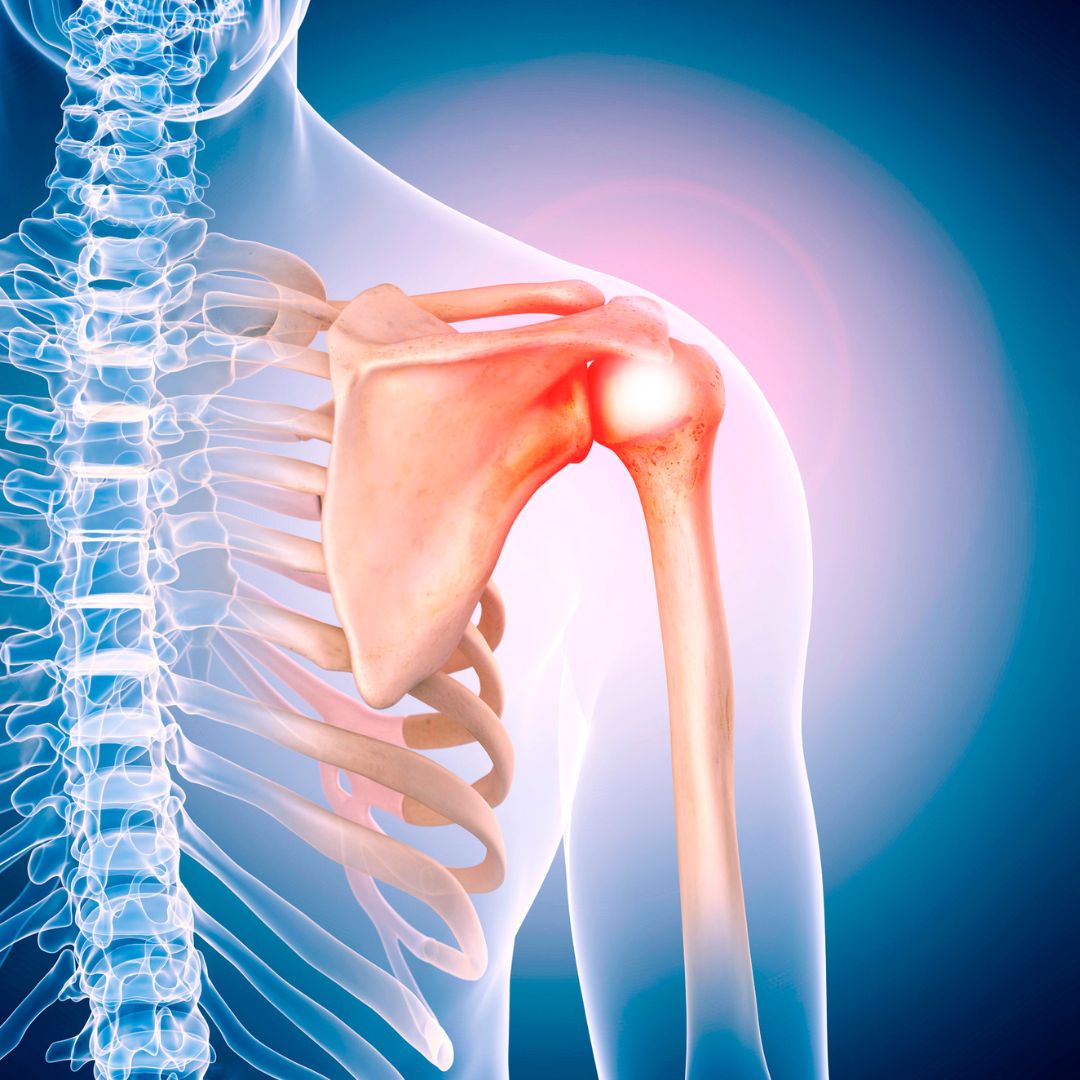Recent findings in shoulder and elbow surgery are highlighted in the new JBJS Guest Editorial What’s New in Shoulder and Elbow Surgery. Here, we summarize the 5 most compelling studies, as selected by co-author Alicia K. Harrison, MD.
Rotator Cuff
A level I prospective randomized controlled trial (RCT) evaluated clinical outcomes following the treatment of partial subscapularis tears with either arthroscopic repair or debridement in a cohort of 65 patients. No differences were found between the treatment groups in terms of pain scores, range of motion, or standardized outcomes at 5 years postoperatively. The only significant difference found was in subscapularis muscle strength at 5 years, which was greater in the repair group (p = 0.013)1.
Patch augmentation was associated with reduced retear rates in a recent meta-analysis of 5 level II RCTs. In a cohort of 307 patients undergoing arthroscopic rotator cuff repair, the retear rate was 11% in the group with acellular collagen matrix patch augmentation vs. 34% in the group without (p = 0.0006)2.
In a systematic review of 5 level I or II studies, researchers compared clinical outcomes following rotator cuff repair with or without acromioplasty. A total of 198 patients were included in the group with acromioplasty and 211 in the group without. No differences in patient-reported outcomes were found between the groups. Based on data from 2 of the studies, the nonacromioplasty group had a higher reoperation rate (15%) than the acromioplasty group (4.1%; p = 0.031)3.
Shoulder Instability
In a Bayesian network meta-analysis of 52 studies, the rate of recurrent shoulder instability was compared between open Latarjet procedure and arthroscopic Bankart repair. The recurrent instability rate was lower in the Latarjet group. The rate in the Bankart group increased with glenoid bone loss of 10% to 20% (relative to bone loss of 0% to 10%). Regardless of the procedure, a patient’s risk of recurrent instability increased with the presence of a Hill-Sachs lesion or an osseous Bankart lesion4.
Tranexamic Acid (TXA) Use in Shoulder Surgery
The effect of TXA on blood loss in shoulder arthroplasty was examined in a systematic review of 14 studies totaling 1,131 patients. Total blood loss volume, drain output, and hemoglobin changes were significantly reduced with TXA use, as were the operative time and the risk of hematoma formation. Patients who were administered TXA also had better postoperative visual analog scale for pain scores than those who did not receive TXA. The study authors concluded that “The usage of TXA in shoulder surgery appeared to be safe and effective in reducing blood loss without any significant complication.”5
What’s New in Shoulder and Elbow Surgery is freely available at JBJS.org.
What’s New by Subspecialty
Each month, JBJS publishes a review of the most pertinent studies from the orthopaedic literature in a select subspecialty. To read the reports, visit the What’s New by Subspecialty collection at JBJS.org.
Recent OrthoBuzz posts include: What’s New in Hip Surgery, What’s New in Osteoporosis, and What’s New in Limb Lengthening and Deformity Correction.
References
- Jeong JY, Kim SC, Lee SM, Yoo JC. Prospective randomized clinical trial of arthroscopic repair versus debridement for partial subscapularis tendon tears more than half of the entire first facet. Am J Sports Med. 2023 Sep;51(11):2804-14.
- Hurley ET, Crook BS, Danilkowicz RM, Buldo-Licciardi M, Anakwenze O, Mirzayan R, Klifto CS, Jazrawi LM. Acellular collagen matrix patch augmentation of arthroscopic rotator cuff repair reduces re-tear rates: a meta-analysis of randomized control trials. Arthroscopy. 2024 Mar;40(3):941-6.
- Maguire JA, Dhillon J, Scillia AJ, Kraeutler MJ. Rotator cuff repair with or without acromioplasty: a systematic review of randomized controlled trials with outcomes based on acromial type. Am J Sports Med. 2024 Feb 5;3635465231213009:3635465231213009.
- Masud S, Momtaz D, Betsch M, Migliorini F, Ghali A, Popa A, Gouveia K, Leroux T, Degen R, Khan M. A comprehensive comparison and evaluation of surgical techniques for anterior shoulder instability: a Bayesian network meta-analysis. J Shoulder Elbow Surg. 2023 Nov;32(11):e531-47.
- Tan TK, Tan P, Wang K, Hau R. Effect of tranexamic acid on shoulder surgery: an updated meta-analysis of randomized studies. J Shoulder Elbow Surg. 2024 Feb;33(2):e97-108.



